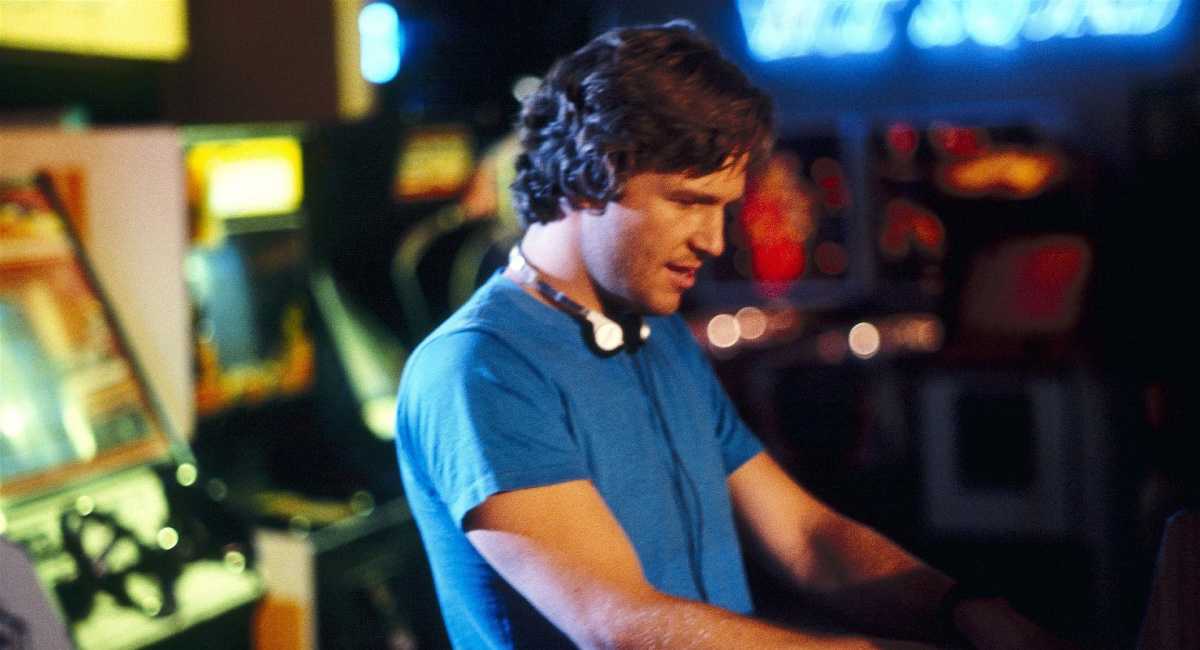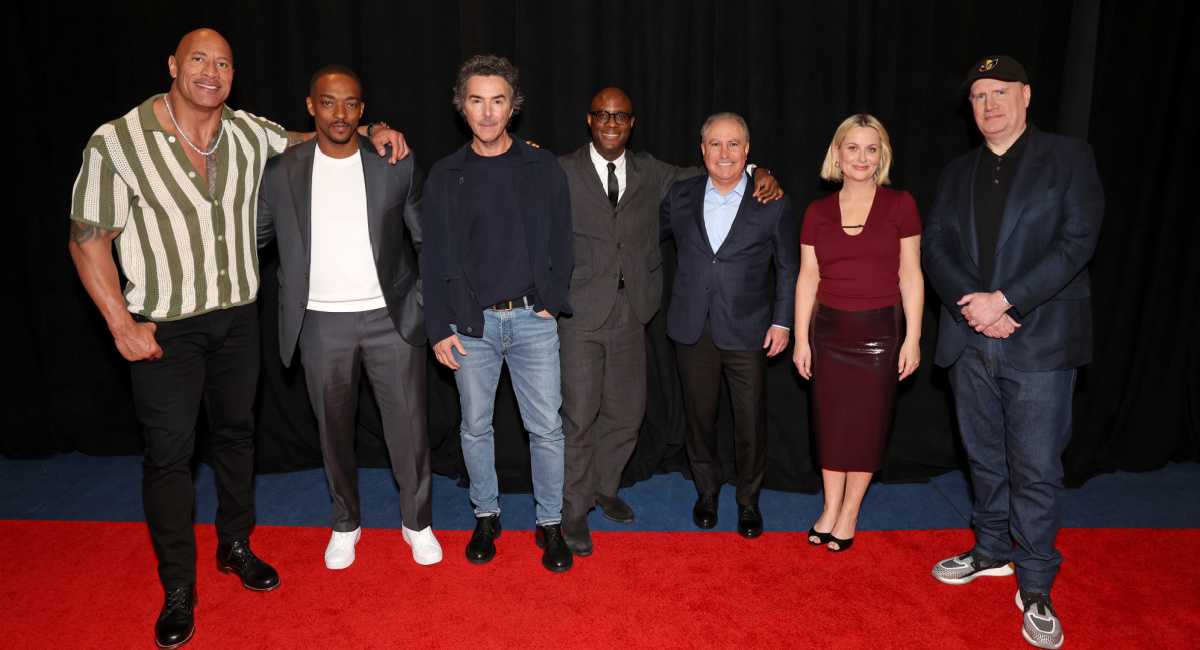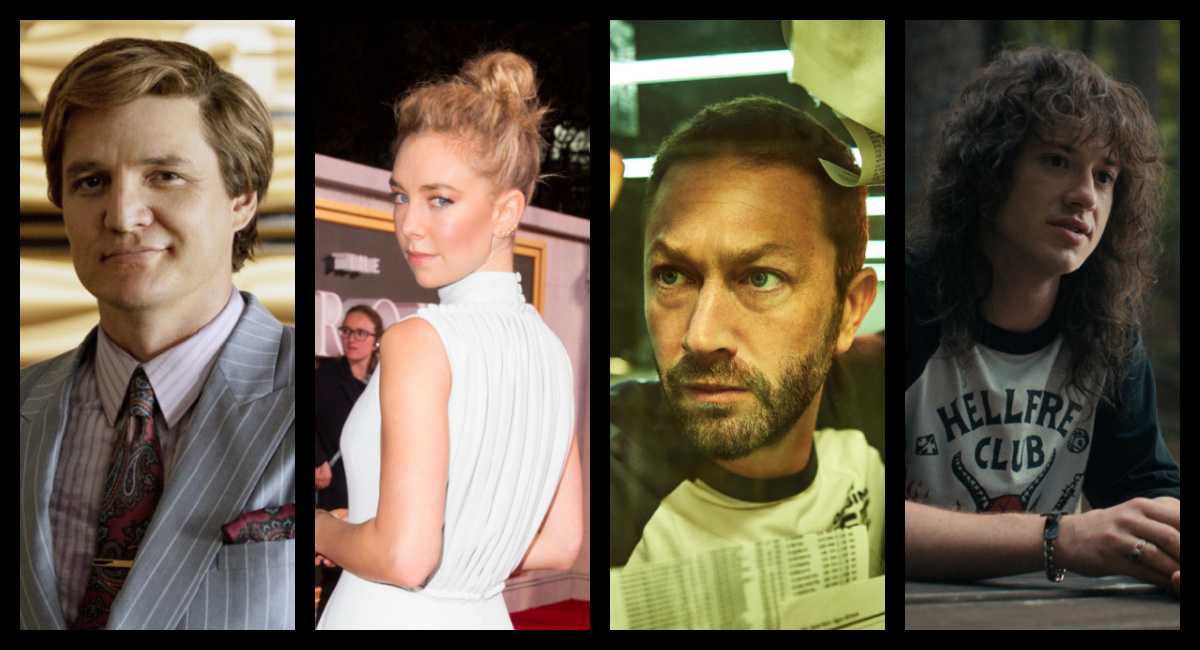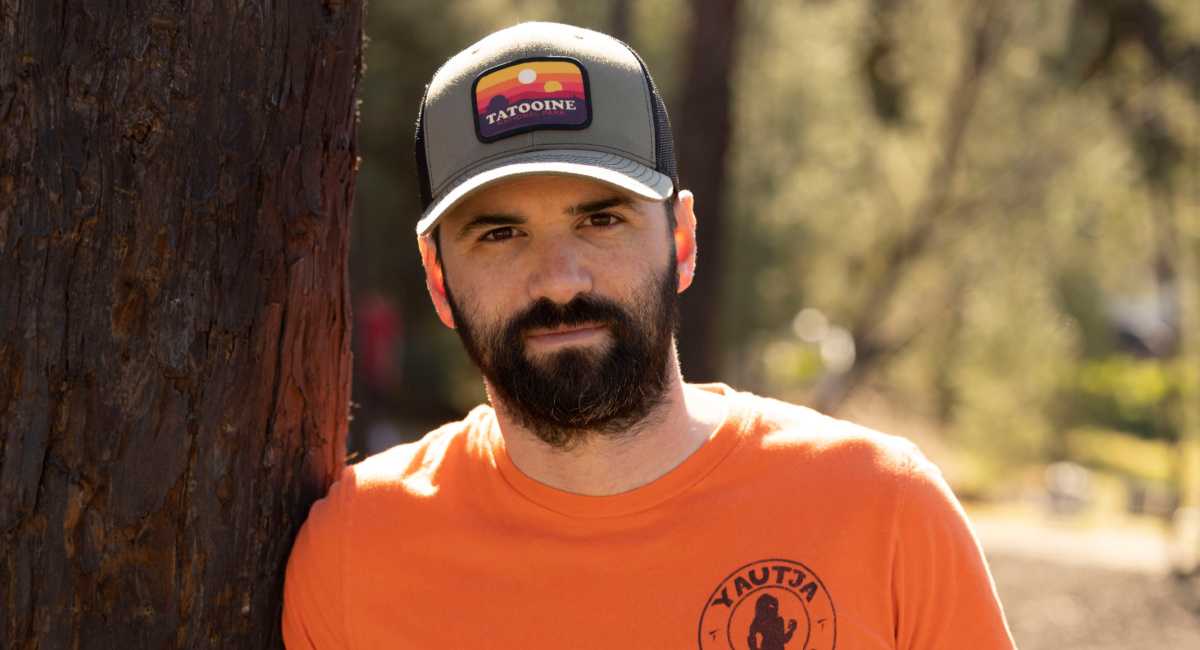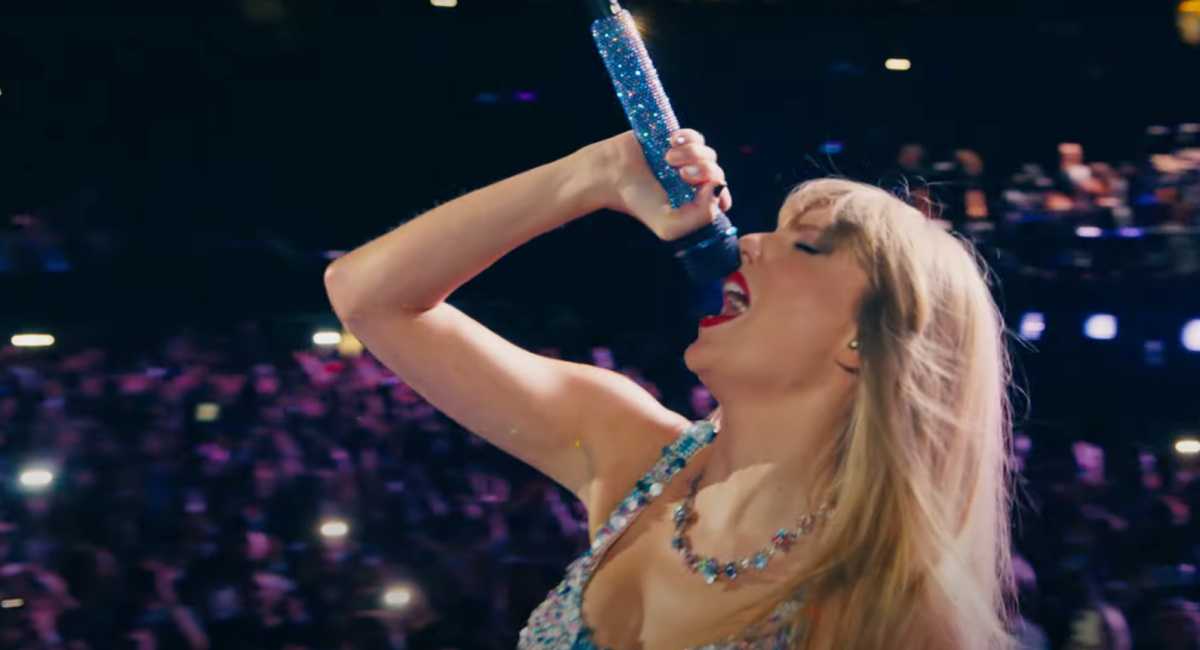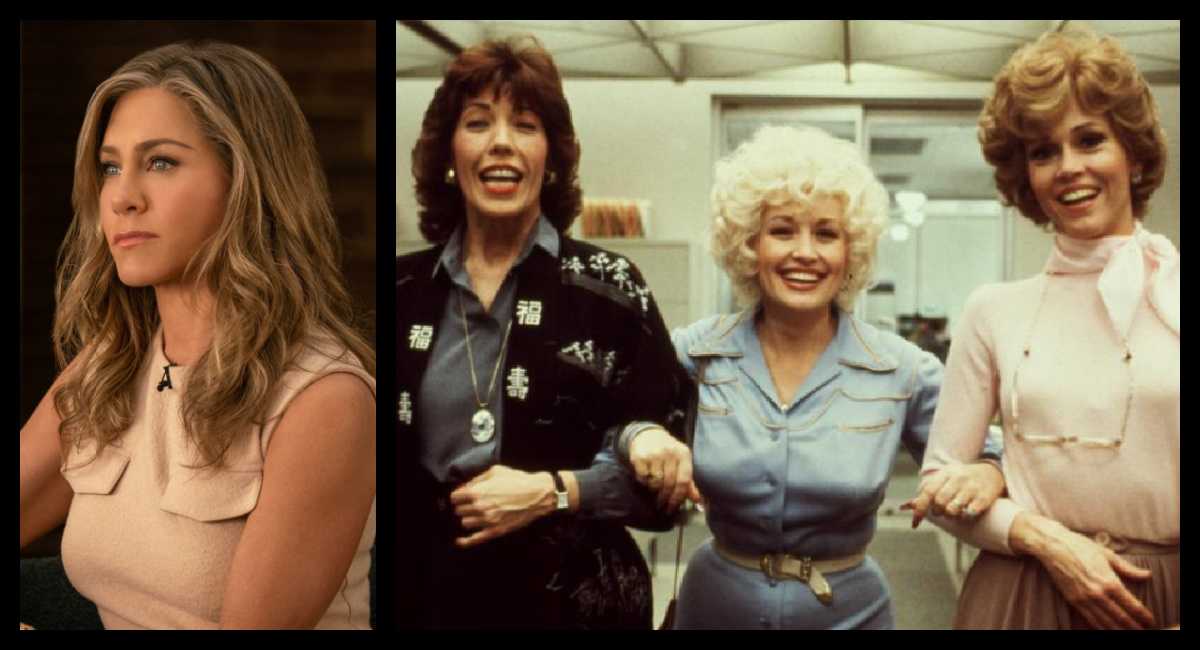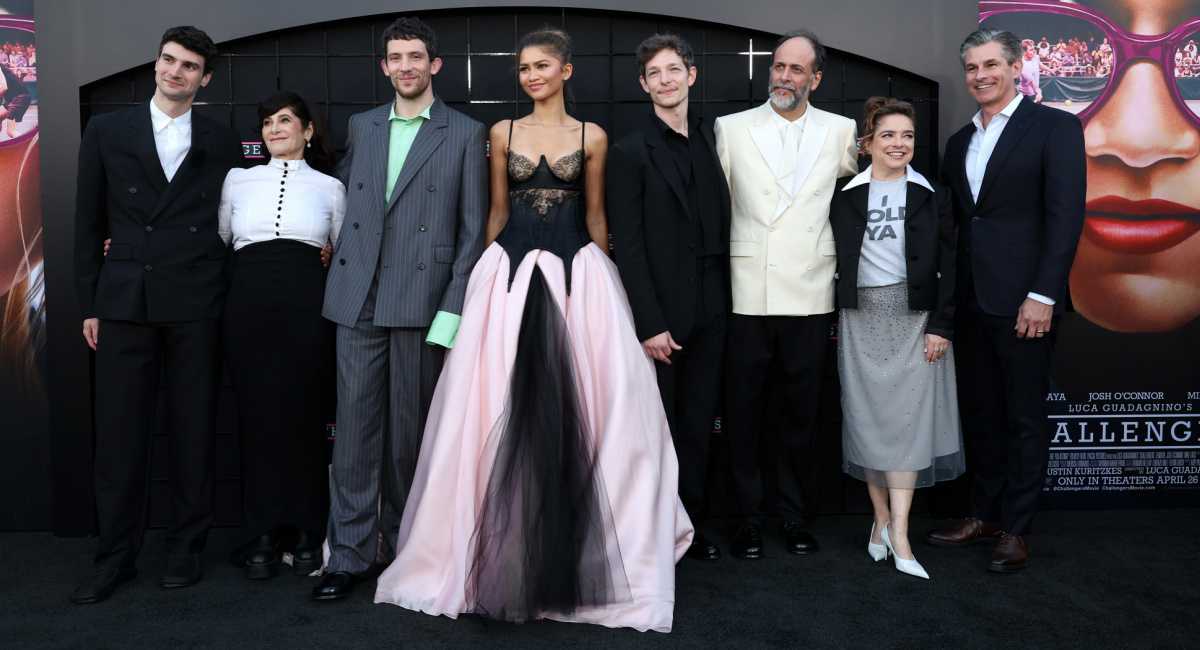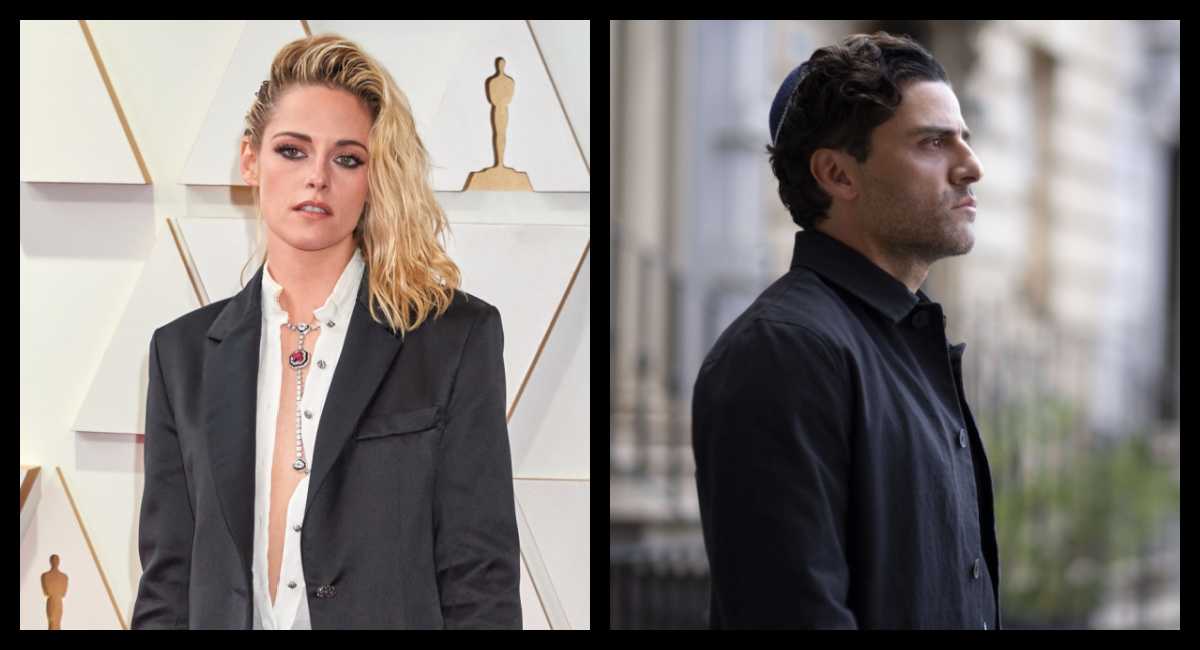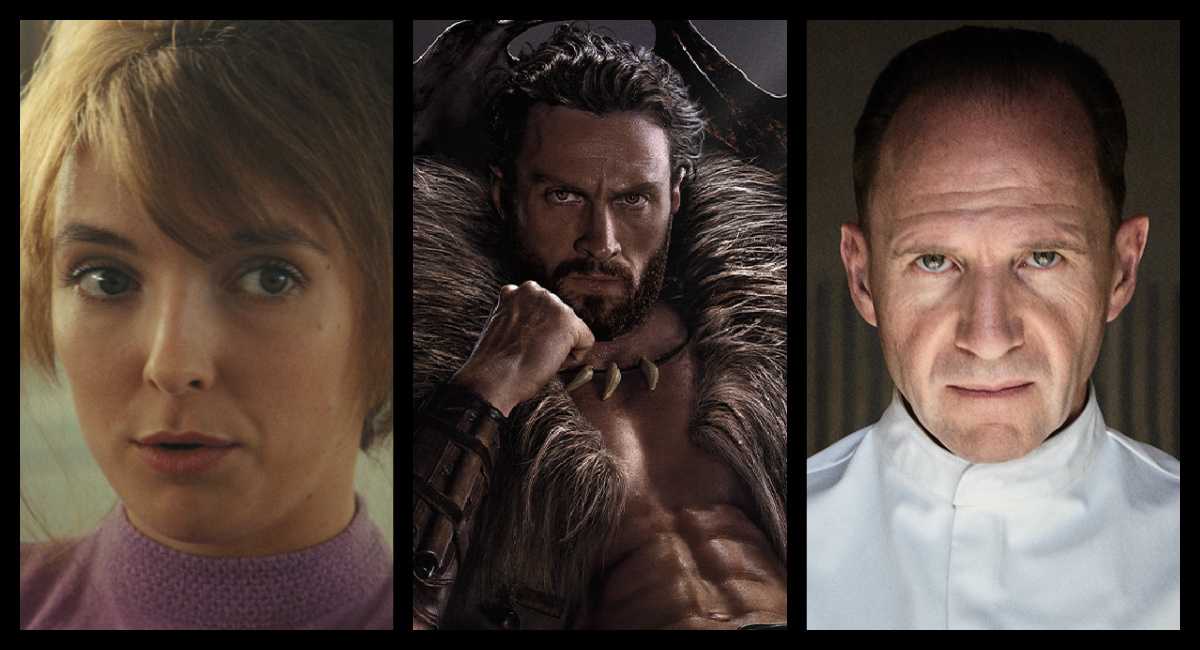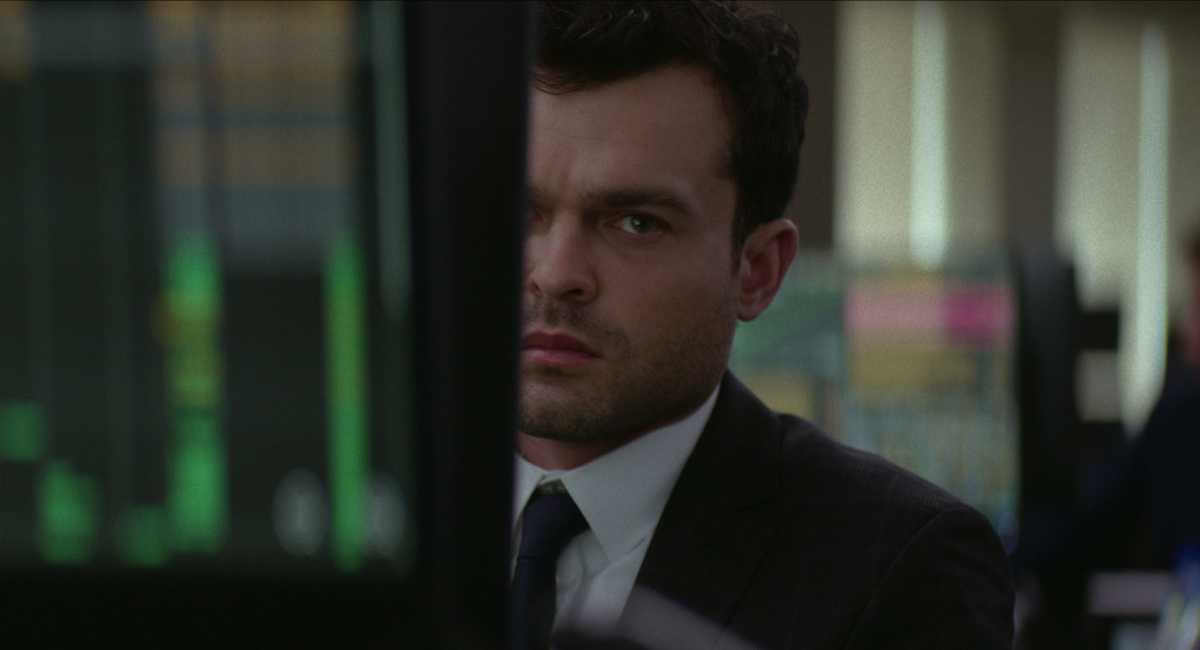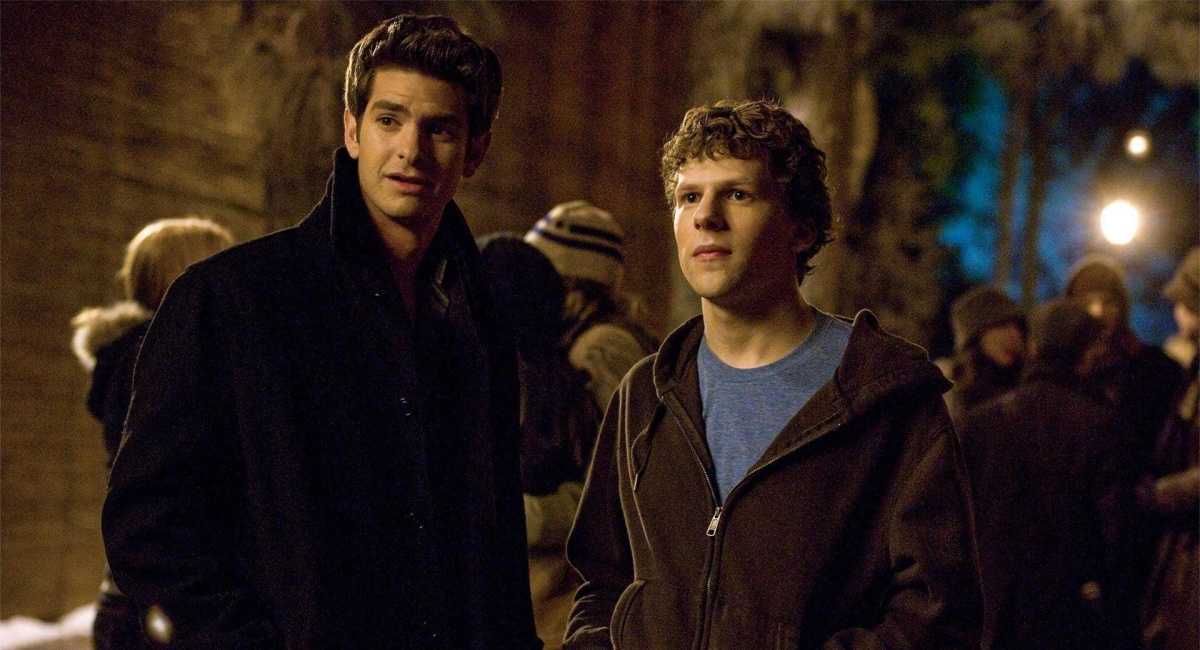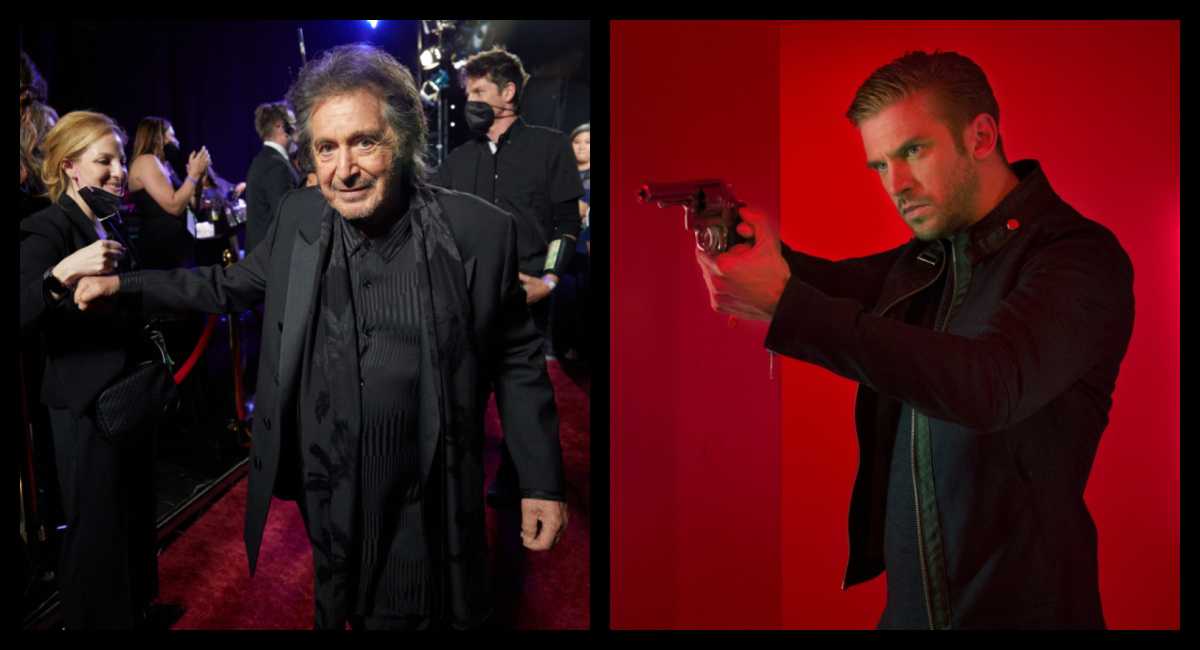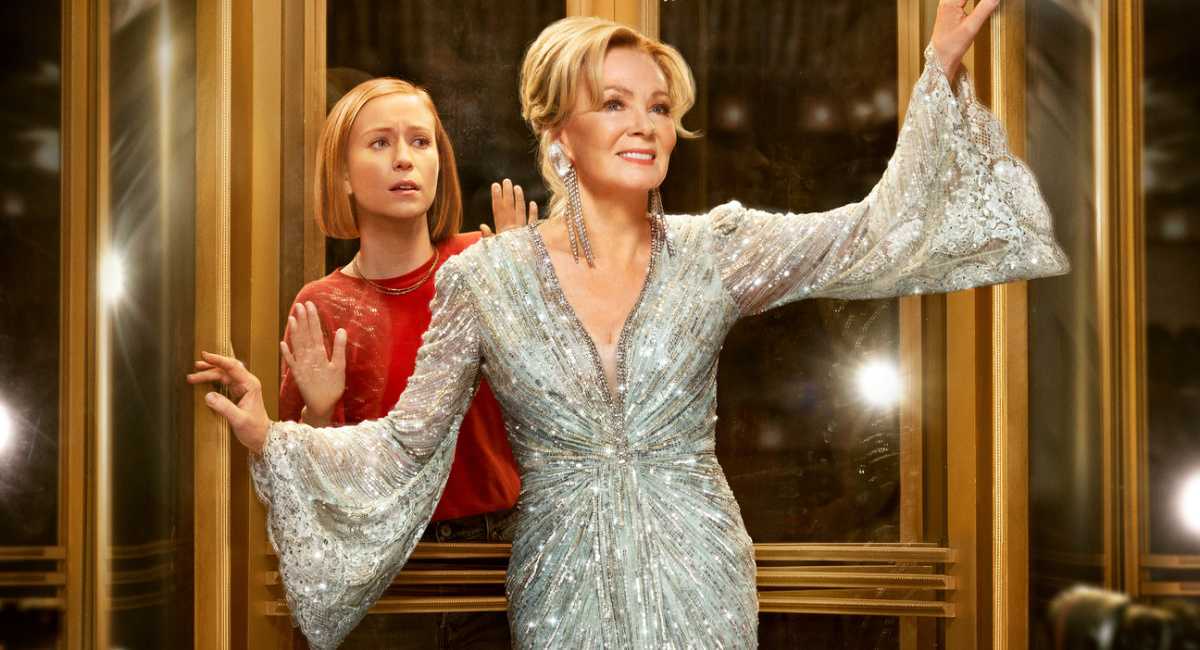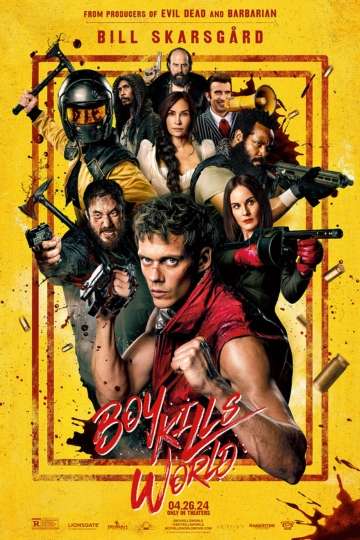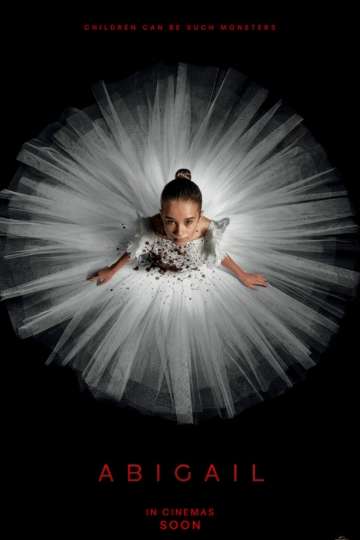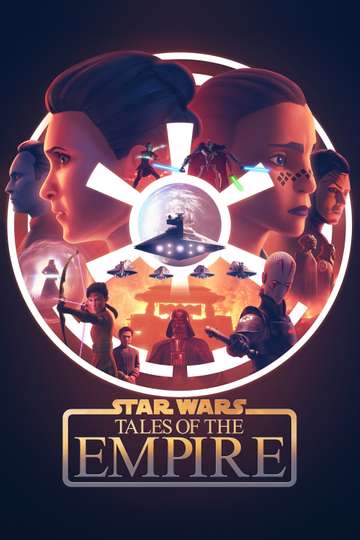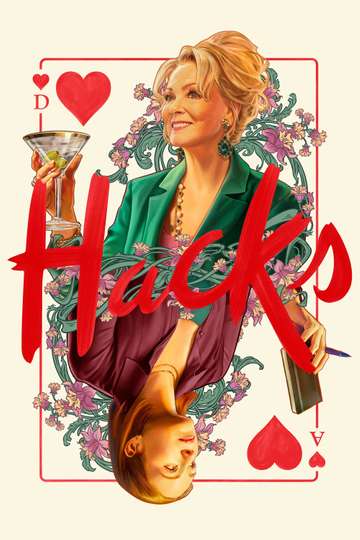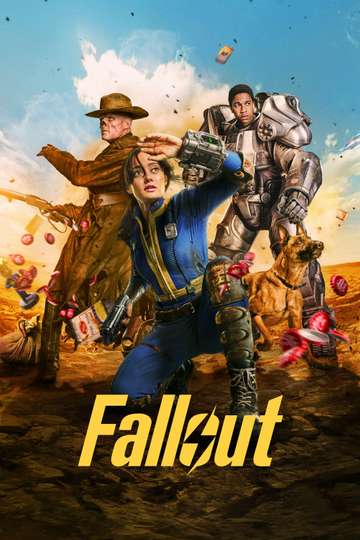What Happened to Disney's 'Tomorrowland' at the Box Office?
We're at a weird place in Hollywood history, one where an original idea, executed by some of the industry's most successful writers and directors, and starring an A-list leading man, is considered an almost foolish risk -- especially in a summer season marked by blockbuster sequels that are considered safe by comparison. So it is with "Tomorrowland," Disney's big question mark of a Memorial Day weekend movie.
It was actually easier to predict how the reboot of a 33-year-old horror franchise ("Poltergeist") would open this weekend, or the sequel to a franchise whose last installment came out 30 years ago ("Mad Max: Fury Road") would open last weekend, than to guess how "Tomorrowland" would do. Indeed, predictions for "Fury Road" and "Poltergeist" (which opened this weekend with an estimated $23.0 million) were almost exactly on target. "Tomorrowland," however, opened on the low end of expectations, with an estimated $32.2 million through Sunday and a likely $40.7 million for the four-day holiday.
But maybe, instead of being surprised that pundits overestimated "Tomorrowland's" prospects, we should be surprised that the film did as well as it did. With its mysterious, futuristic sci-fi premise, "Tomorrowland" faced a number of marketing challenges, and it's not clear that Disney handled them all successfully. Indeed, the studio may have dropped the ball a couple of times. In hindsight, though, the film's rollout offers several lessons. Among them:
Secrecy is not always a good idea. You could think of this as a lemons-into-lemonade marketing approach. The premise of "Tomorrowland" is hard to explain in a sentence or a 30-second ad because of the story's complex mythology, so hiding it behind intrigue could have been a smart move. More likely, it's because secrecy has been standard operating procedure for co-screenwriter Damon Lindelof, from his days running TV's "Lost" to "Prometheus" and "Star Trek Into Darkness" (even though those films were extensions of well-known movie franchises). Either way, viewers may have been drawn in to see what all the mystery was about. But it also may have put off viewers who weren't sufficiently intrigued and would rather spend their hard-earned ticket dollars on a known premise, or those who saw the title and dismissed the film as yet another Disney movie based on a Disneyland attraction.
George Clooney is not a box office draw. Yes, he's the king of Hollywood, but he doesn't sell tickets in proportion to people's fascination with him as a celebrity gossip figure. His biggest hits were 14 and 15 years ago ("Ocean's Eleven" and "The Perfect Storm"). If you don't count his supporting role in Sandra Bullock's "Gravity," he hasn't had a movie open above $30 million since "Ocean's Thirteen" eight years ago. (That's also his last movie, other than "Gravity," to gross more than $100 million in North America.) Then again, that makes the $32.2 million premiere of "Tomorrowland" all the more impressive -- especially since Clooney is all but absent from the film for the first hour. Plus, as a charismatic actor, he seems to appeal equally to men and women, which is borne out by Disney exit-polling that shows an almost even split between male and female ticketbuyers for "Tomorrowland."
Tougher-than-expected competition. Not only did "Tomorrowland" have to compete against "Poltergeist," but it also had some very strong recent releases to contend with. Both"Pitch Perfect 2" and "Mad Max: Fury Road" opened very well last weekend, with "PP2" far outstripping expectations. Both held up strongly this weekend, too, with"PP2" close on "Tomorrowland"'s heels (it earned an estimated $30.3 million) and "Fury Road" taking in an estimated $23.9 million. Along with "Avengers: Age of Ultron," which crossed the $400 million threshold in domestic sales in just its fourth weekend of release, that's a lot of well-known and well-liked properties for an enigma like "Tomorrowland" to go up against.
Memorial Day openings are not a license to print money. Sure, last year, "X-Men: Days of Future Past" enjoyed a $110.6 million opening, but that was a well-reviewed sequel to a well-established franchise, not to mention a film whose casting brought together fan favorites from the older and newer installments. On the other hand, last Memorial Day also saw the dismal debut of "Blended," the third romantic-comedy collaboration from Adam Sandler and Drew Barrymore. It premiered with just $17.7 million, about a third of what their "50 First Dates" had opened with a decade earlier. Then again, reviews for that movie were terrible, and even critic-ignoring Sandler fans smelled a stinker. The moral of the story: Not even a four-day summer-kickoff holiday weekend can save a poorly made movie.
The "select" Thursday preview. Thursday-night openings have become a standard way for Hollywood to boost the weekend premiere tallies, offer an early gauge of viewer interest, and generate additional word-of-mouth from those moviegoers enthusiastic enough to want to be the first to see the film. The "Tomorrowland" Thursday screenings, however, were unusual in that, instead of taking place in all or most of the movie's 3,972 venues, Disney held them in just 701 theaters. The studio referred to this as a "special limited engagement," with the theaters supposedly limited to those palatial movie screens on which director Brad Bird's spectacle could enjoy the best possible screening conditions. (This sort of selectivity reminded me of the scene in "This Is Spinal Tap," where the band's manager is asked whether the fact that the group is playing smaller venues on its current tour means the musicians are less popular, and he spins, "No, it just means their appeal is becoming more selective.")
Yes, there could be some fanboy-servicing involved in just screening the movie in theaters where its visuals will look best (again, to get the movie's biggest potential fans a chance to generate the best possible word-of-mouth). And there could also be some obfuscation on Disney's part; the theater count was so small that box-office observers couldn't fairly compare it's Thursday-night take of $725,000 to the Thursday debuts of blockbusters that opened on four or five times as many screens. Then again, "Tomorrowland" could have earned an extra $2 or $3 million if it had played on all screens available to it on Thursday night. Did the studio not want to spend the money to launch a full Thursday premiere, or was it just worried that the numbers wouldn't be that impressive? It didn't help word-of-mouth much. The movie earned a B grade at Cinemascore, which indicates a less-than-enthusiastic set of recommendations from early viewers.
"Tomorrowland" has been in the making for at least five years. That would seem to be plenty of time for a studio that's as good at marketing as Disney is to come up with a foolproof strategy. But these days, nothing is foolproof there unless it has the names Marvel or Pixar or "Star Wars" attached. Anything beyond that comfort zone, apparently, is a steep challenge.


